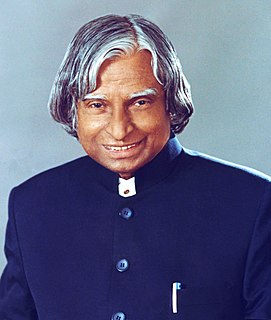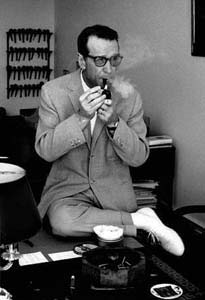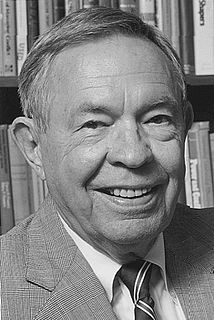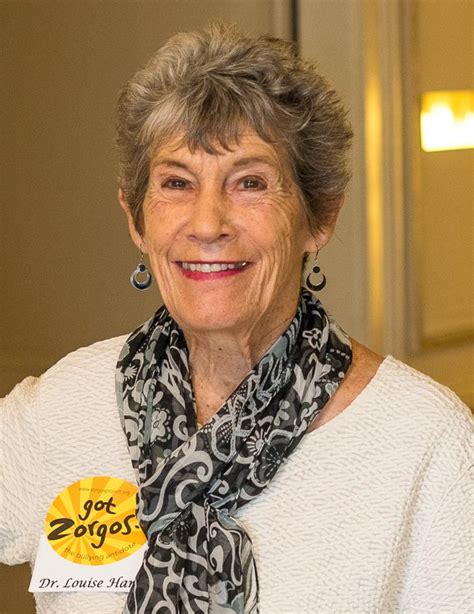A Quote by Abdul Kalam
Most of the time, communication gets confused with conversation. In fact, the two are distinctly different.
Quote Topics
Related Quotes
I think the most important key to quality communication and interaction is developing an interest in the person you`re talking with. Most women know the secret to a quality conversation is to ask quality questions and have a sincere interest in hearing the answers. In fact, the best communicators very often say the least. It`s not the extrovert who dominates the conversation that a client feels most connected with, but rather the individual who shows a real and sincere interest in knowing about the life of the person they`re talking with.
Most parents hate to experience conflict, are deeply troubled when it occurs, and are quite confused about how to handle it constructively. Actually, it would be a rare relationship if over a period of time one person's needs did not conflict with the other's. When any two people (or groups) coexist, conflict is bound to occur just because people are different, think differently, have different needs and wants that sometimes do not match.
We must seek to understand the intent of communication without prejudging or rejecting the content... Communication, after all, is not so much a matter of intellect as it is of trust and acceptance of others, of their ideas and feelings, acceptance of the fact that they're different, and that from their point of view, they are right.
One of the central challenges for global conversation today is to find ways of getting to understand very different views about gender and sexuality. But we should start by recognizing that these issues are subjct to disputation within every society as well as across societies. We need a global conversation that recognizes that we have these very different views. Next, try to agree on fundamental rights: things we think every person is entitled to. Finally, if we're convinced that what a government or a society elsewhere is doing to some people is badly wrong and the conversation gets nowhere.
There are four different kinds of power in a communication: position power (the CEO talking to her direct reports), emotion power (passion sometimes rules the day), expertise (people often listen to the most knowledgeable person in the room), and conversational power (the subtlest, this is the ability to direct the conversation through body language).
The hours spent viewing TV are hours not available for actively participating in the real world, or playing, or being involved with friends and family. Watching television is an individual activity that tends to discourage interaction with others; as viewing time increases, family communication time decreases. As family communication decreases, people grow more distant from each other and may even forget how to carry on a good conversation.

































